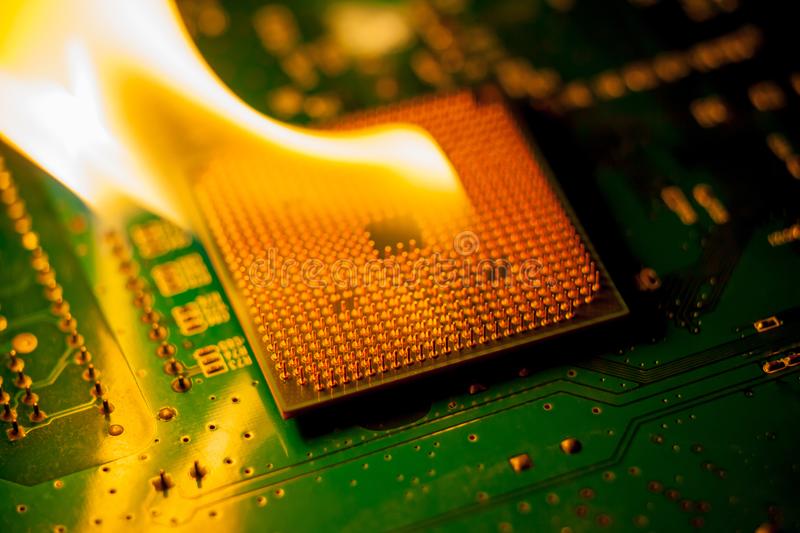Raspberry PI Overclocking experience
Be advised that overclocking your device may break the warranty and burn it. This
article is only meant to describe some experiment and the results of it.
Overclocking is dangerous and the author it is not responsible for eventual damages
to your device.
Intro (if you are an expert Android user, you can skip that)
Typically an Android OS comes with few main partitions.
Something like:
/Boot (Is NOT viewable in Android)/Recovery (Is NOT viewable in Android)/Data (Userdata) (Is viewable in Android)/Cache (Is viewable in Android)/System (Is viewable in Android)/Misc (Is NOT viewable in Android)
For my experiments I am using LineageOS TV 17.1 from
KonstaKang - https://konstakang.com/devices/rpi4/- on Raspberry
PI4 8GB.
LineageOS creates the following 4 partitions on the SD
card: the root "/", the "boot", the "userdata" and the "vendor".
The boot partition contains all is needed for the startup.
And in particular a file called config.txt that is loaded at startup to configure CPU, GPU and few hardware
peripherals.
We will concentrate on a set of parameters that influence
the clock speed of the CPU and the GPU.
To edit /boot/config.txt, you can plug your SD card on
your PC and edit with a text editor, then save it back and boot up your PI.
Eventually, you can also edit the config.txt directly on
your running PI, but you will need anyhow to reboot to have the changes in place.
Parameters
We will concentrate on few parameters of our interest:
- force_turbo= if set to 1 will force to overclock using the settings below
- over_voltage= needed if you above the default levels
- arm_freq= CPU frequency (I have tested 2147 and 2300, default 1500)
- gpu_freq= GPU frequency (I have used 750, default is 500)
Useful resources:
- https://www.raspberrypi.org/documentation/configuration/config-txt/overclocking.md
- http://www.cybercputech.com/40
Tuning 1 [CPU 2147 Ghz - GPU 750 Ghz]
The parameters used for this first test were:
# Overclock
force_turbo=1
over_voltage=6
arm_freq=2147
gpu_freq=750
The results were quite interesting, I have been able to
play Asphault9 (a bit slow with minimum graphics details) and few other games (like 3 Real Racing) with a decent
frame rate.
The temperature hardly went above 42°C.
Tuning 2 [CPU 2300 Ghz - GPU 750 Ghz]
The parameters used for this first test were:
# Overclock
force_turbo=1
over_voltage=8
arm_freq=2300
gpu_freq=750
I could not see a huge difference compared to the previous settings, the
temperature went above 61°C while running Asphault9.
The performance improvement (if there was any) was negligible from user
point of view.
Summary
The first tuning settings (with the CPU set at 2147
Ghz) give a boost to the performances, however some heavy 3D game still not playable. The second setup (with the CPU
set at 2147 Ghz) did not show lot improvements but started to heat the CPU.
I believe that the first setup is more safe (lower
frequency and lower voltage) and the performances are near to the second one. I would definitely go for he CPU set
at 2147 Ghz and testit for a little longer...
